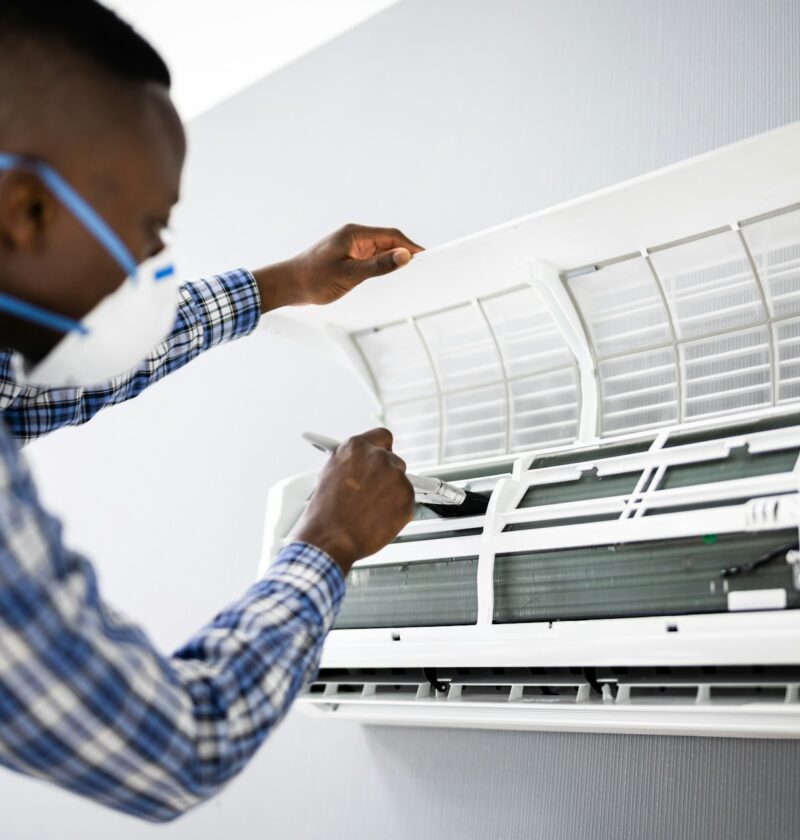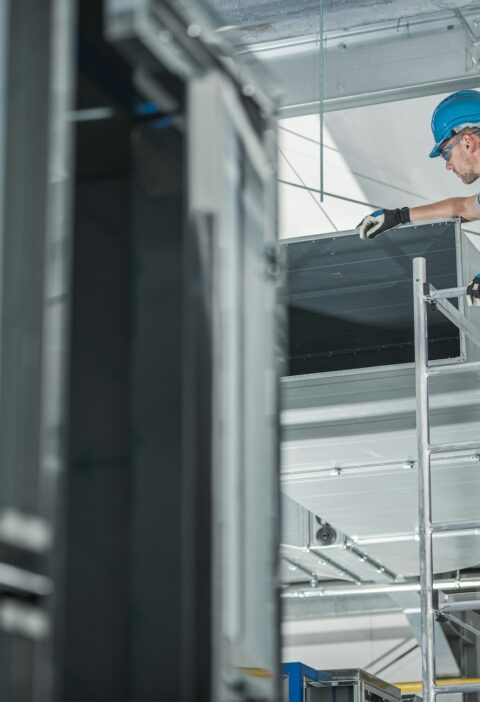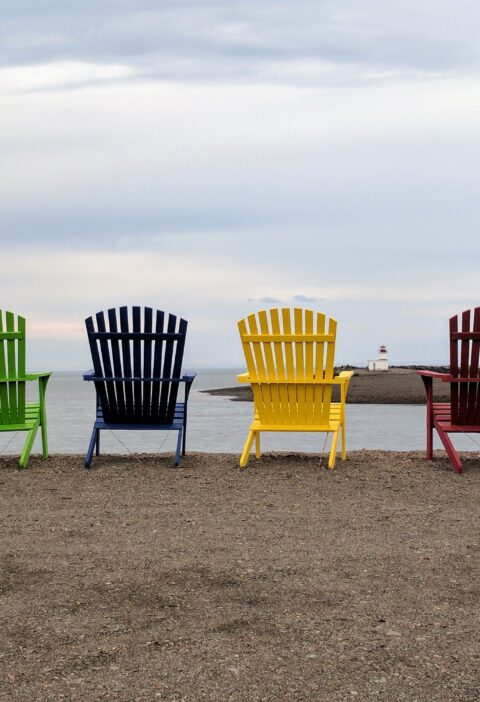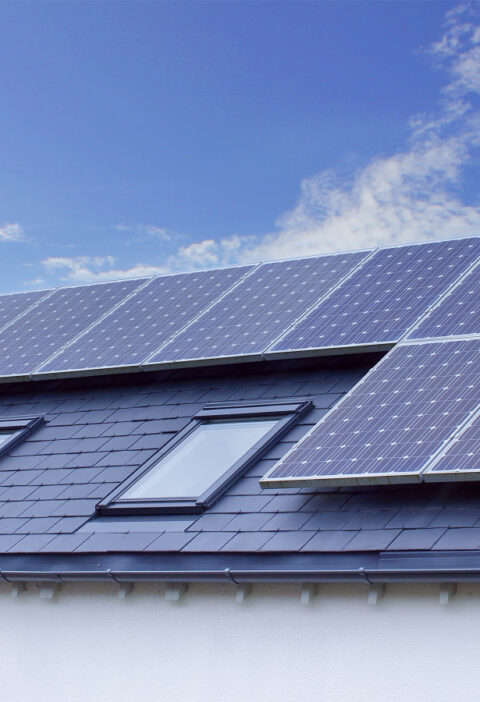Summer’s here, and there’s nothing worse than your AC breaking down when you need it most. If you’ve ever found yourself sweating through a heatwave, you know exactly what I’m talking about.
The AC Isn’t Blowing Cold Air
Why It Happens
You set your thermostat to Arctic chill, but the air coming out feels like a lukewarm breeze. Frustrating, right? This issue often stems from a few common culprits. Dirty air filters can restrict airflow, making it hard for your AC to cool your home. Refrigerant leaks mean your AC can’t absorb heat effectively. Sometimes, the coils freeze up, preventing the system from working correctly.
How to Fix It
To fix this, start by cleaning or replacing the air filters. Check your filters monthly and clean or replace them as needed. If you suspect a refrigerant leak, call a professional like Air 24/7 to inspect and recharge your system. If the coils are frozen, turn off the AC and let them defrost, then check for airflow issues that might have caused the freezing.
The AC Won’t Turn On
Why It Happens
You hit the power button, and… nothing. This could be due to a tripped circuit breaker, thermostat issues, or blown fuses. AC units draw a lot of power, and sometimes they can trip the breaker. Your thermostat might be on the fritz or set incorrectly. If a fuse in your system is blown, it can prevent the AC from starting.
How to Fix It
To get your AC up and running again, reset the circuit breaker by finding your breaker panel and flipping the AC switch off and then on again. Check the thermostat to make sure it’s set to “cool” and the temperature is lower than your current room temp. Replace the batteries if necessary. If you’re comfortable doing so, inspect and replace any blown fuses. Otherwise, call a pro.
The AC Is Making Strange Noises
Why It Happens
A noisy AC is like an alarm bell – it’s trying to tell you something’s wrong. Common noises include grinding or squealing, often due to motor or belt issues, and banging or clanking, which could indicate a loose part or something more serious inside the compressor. Buzzing sounds can be caused by electrical issues or loose parts.
How to Fix It
Lubricate moving parts if you hear grinding or squealing; it might just need some lubrication. Turn off the power and carefully tighten any accessible loose parts. For banging, clanking, or persistent buzzing, it’s best to get a professional to take a look.
The AC Is Leaking Water
Why It Happens
Water pooling around your AC unit is a clear sign of trouble. This can happen because of clogged drain lines, frozen evaporator coils, or improper installation. If the drain line is blocked, condensation can’t escape. When the evaporator coils freeze and then melt, it can cause water to overflow. If your unit wasn’t installed correctly, it might not drain properly.
How to Fix It
To fix water leakage, clear the drain line using a wet/dry vacuum to suck out any blockages. Address any airflow issues and allow the frozen coils to thaw completely. Double-check that your AC is level and the drain line is properly connected.
The AC Smells Bad
Why It Happens
Unpleasant odors coming from your AC are more than just annoying – they can signal serious problems. Mold or mildew can build up in the ducts or unit, a burning smell indicates an electrical problem or overheating component, and a musty smell typically comes from dirty filters or accumulated dust.
How to Fix It
Regular duct cleaning can prevent mold and mildew. If you smell burning, turn off your AC immediately and call an electrician. Regularly changing your air filters can prevent musty smells.
The AC Is Short Cycling
Why It Happens
Short cycling is when your AC turns on and off frequently, never completing a full cooling cycle. This can be caused by an oversized unit, thermostat issues, or low refrigerant. If your AC is too large for your space, it will cool quickly and shut off, only to turn on again shortly after. A faulty thermostat can cause the system to short cycle. If refrigerant levels are low, the system may struggle to maintain temperature.
How to Fix It
Consult a professional if your unit is too large; they can suggest the best course of action. Ensure your thermostat is properly calibrated and placed away from direct sunlight or other heat sources. Have a technician check and refill refrigerant as needed.
Energy Bills Are Skyrocketing
Why It Happens
High energy bills can be a sign that your AC isn’t running efficiently. Causes can include poor maintenance, an old unit, or leaky ducts. Dirty filters and coils can reduce efficiency. Older units are less energy-efficient than newer models. Air escaping through leaks means your system has to work harder.
How to Fix It
Keep your unit clean and well-maintained to improve efficiency. If your AC is old, consider replacing it with a more efficient model. Check for and seal any leaks in your ductwork.
Tips for Preventative Maintenance
Maintaining your AC can prevent many common problems. Here are some simple tips to keep your system running smoothly:
- Regularly change air filters: Aim to replace or clean filters every 1-3 months.
- Schedule annual tune-ups: A professional can spot potential issues before they become major problems.
- Clean the outdoor unit: Keep the area around your unit free of debris and vegetation.
- Check the thermostat: Ensure it’s functioning properly and is set to the right temperature.
- Inspect the insulation: Proper insulation can help your AC run more efficiently.
When to Call a Professional
While many AC issues can be resolved with a bit of DIY know-how, some problems require a professional touch. If you’re dealing with refrigerant leaks, electrical issues, or major component failures, don’t hesitate to call in the experts. They have the tools and expertise to get your system back in top shape.







